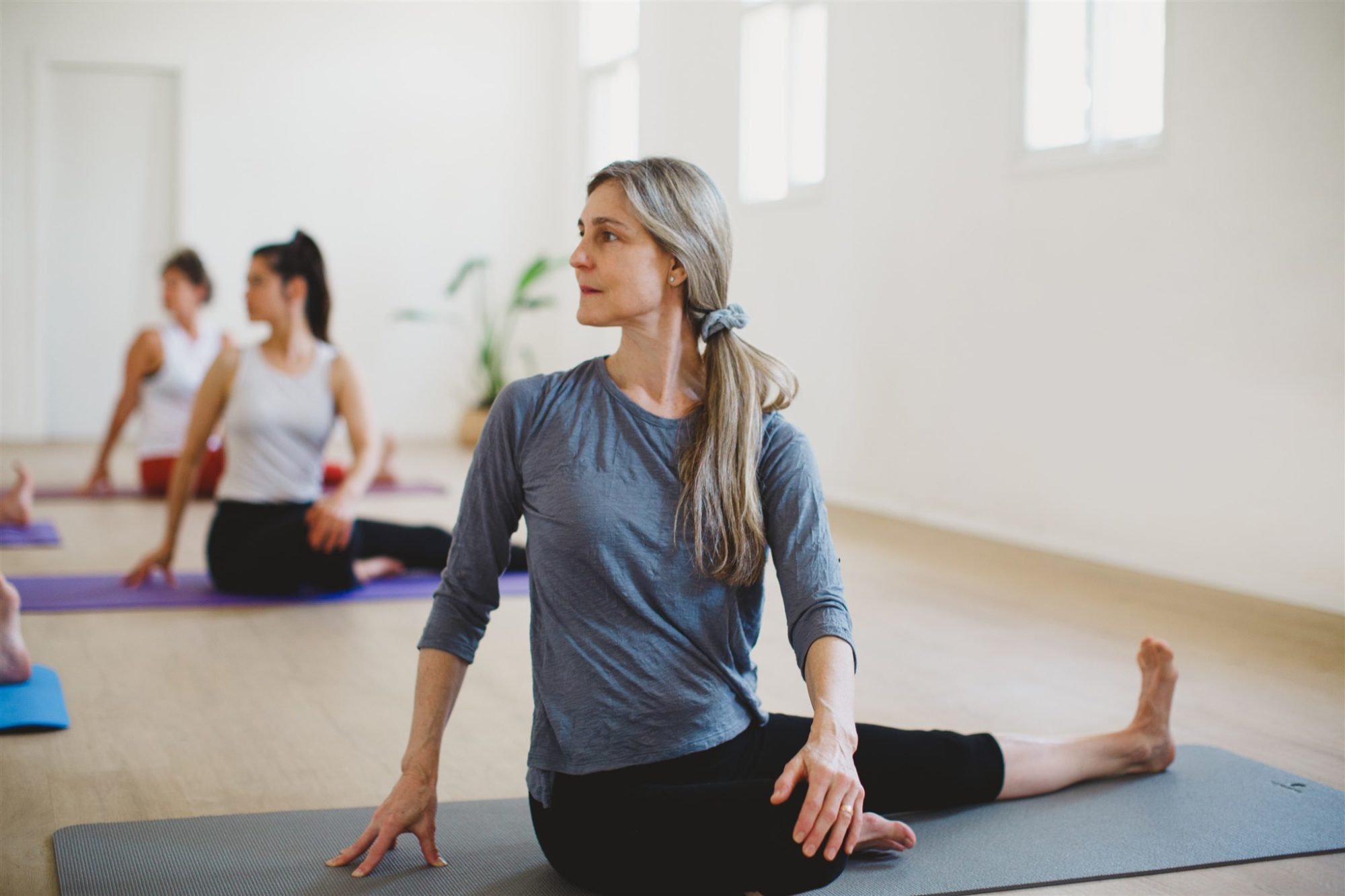Torah, Judaism’s most important text, is a deep and meaningful book that is applicable to all cultures and all times. Torah is the Hebrew מורת יוגה, the Old Testament, and known as the Five Books of Moses. The five books are Bereishis/Genesis, Shemos/Exodus, Vayikra/Leviticus, Bamidbar/Numbers, and Devarim/Deuteronomy. The Hebrew name is first and the English name follows. Each book of Torah consists of weekly parshas.
Torah is the story of the Jewish people from the creation of all things until the death of Moses. In Torah you find science, history, philosophy, ritual, ethics, stories of individuals and families, wars, slavery and more. All phases of human life are represented in Torah. It is a living Torah, relevant today to our lives and relationships, as much as it was when given at Mount Sinai. Torah is the foundation of ethics and morals for most cultures in the world.
Torah is written on a parchment scroll. Parchment is a thin material made from the split hide of a calf, sheep or goat. The scroll is then wound around two wooden poles. This is called a “Sefer Torah” and it is handwritten by a scribe who copies the text 100% accurately and then has it proofread by another trained scribe. There is no margin of error. These words are the same Torah words that were given to Moses. Wherever in the world you go, whatever synagogue you visit, every Torah is exactly the same. If a Torah gets damaged, or a letter rubs off, it is no longer “kosher” and must be fixed or replaced.
In modern printed form, a book, the Torah is usually called a “Chumash”, which comes from the Hebrew word for the number five. My primary source for my weekly parsha reading is the Stone Chumash, published by Mesorah. This Chumash includes Rashi notes.
There are so many levels of Torah understanding. Those of us who learned the parshas in Hebrew school or Bible school learned by reading marvelous stories. As a child, I never got further than the events of the story. My adult understanding of Torah consists of the people and their characteristics, the situations and life lessons.
Women who have heard the Torah stories will enjoy this book for the parshas’ deeper meaning and the connection to their lives. They will learn lessons of character trait improvement and develop increased understanding of self.
The word yoga means “union,” referring to the mind, the body and the soul. Yoga is the practice of physical postures or poses that enhance stretching, balance, strength and flexibility.
Yoga is a routine for physical, mental, emotional and spiritual health. We discover ourselves on all these levels through our yoga practice. We physically do the exercises and make our bodies healthier by practicing on a regular basis. We pay attention and concentrate on our poses; our mind is focused on our yoga practice. We feel good about ourselves. We have accomplished our goals of a healthier body and enhanced concentration. A sound mind and a sound body augment our soul and encourage growth in positive directions. We develop our soul by becoming the best “me” that we can be using the tools of the mind and the body that were given to us. Yoga enhances the way we live with wisdom, insight, discernment, mindfulness and acceptance.
We are each created in God’s image (Bereishis 9:26). All the attributes of God are one. We humans are one. Our mind, our body and our soul are encompassed in one entity. Our life goal is to be the best “one” that we can be using all of our qualities. We elevate the body to holiness by improving our character traits. We bring this wisdom to our physical selves. During life there is no separation of the body from the mind or the soul. We use the mind and the soul to sanctify the body. We need to protect and care for our body so that we can learn and develop to our highest abilities. The mind functions only in our body.
When the soul leaves the body, there is no further opportunity for growth of our minds or our spirit. This is the teaching of Torah. We are commanded to improve our character traits, or middos, by doing mitzvahs, or commandments. These mitzvahs are actions performed by our body. Doing mitzvahs is how we make our body holy. All human functions that engage the body and the mind are sanctified by mitzvahs. For example, we say a blessing over the food we eat, we make holy our life cycle events, and we watch our tongues so that we do not speak evil.
Yoga teaches mindfulness, concentration and oneness of mind, body and soul. Yoga postures improve our body, which allows our mind and soul to open and learn.
I have practiced yoga for more than twenty years and I have studied Torah for many years. The wisdoms of Torah and the benefits of yoga combine to enhance the learning of each. The concentration needed to do the yoga poses and the adaptability of each pose to the level of the student led me to a connection of yoga to the Torah. Just as we understand Torah at the level of learning we have reached, so we practice our yoga at the level of flexibility and strength of our body.
Many people learn physically. “They use touch, action and movement to learn. The same breathing and relaxation exercises of yoga helps them to focus and open their mind to new things. Focusing keeps people who are very physical calm, centered, relaxed and aware” (from the website learning-styles-online.com). This is known as kinesthetic learning or tactile learning. Learning takes place by carrying out a physical activity in addition to listening to a lecture or watching a demonstration. Perhaps you have had the experience where someone has shown you how to do something and you said, “Let me do it. I learn by doing it.”


